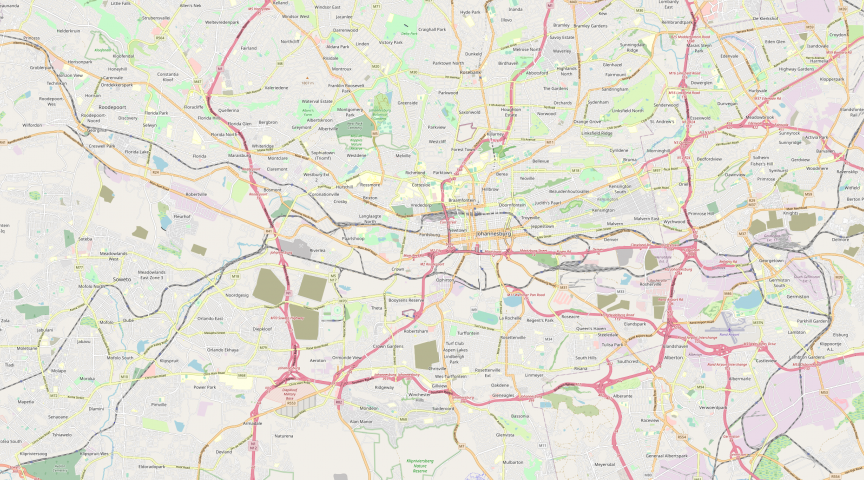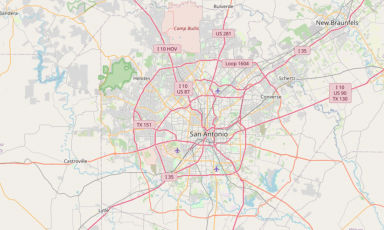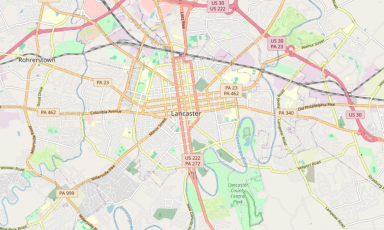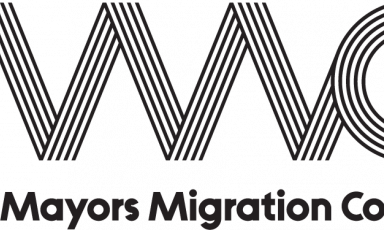Johannesburg, South Africa
Climate Change Response for Migrants, Refugees, and IDPs

Summary
The City of Johannesburg will improve the food security of migrants, refugees, and IDPs living in situations of homelessness by connecting them to existing urban agriculture programs throughout the city. The project will focus on migrants, refugees, and IDPs currently living in one of Johannesburg’s eight shelters, enrolling interested clients into accredited trainings on topics related to urban farming, such as aquaponics and rooftop gardens. While the trainings will be conducted by Johannesburg’s civil society partners, project clients will work alongside clients from the receiving community and will have access to farmable land provided by the City of Johannesburg. The project brings vulnerable migrants, refugees, and IDPs into Johannesburg’s existing livelihoods and urban farming programs, providing them with an opportunity for stable income generating opportunities while improving the overall food security, environmental sustainability, and social cohesion of Johannesburg. If successful, the City of Johannesburg may commit long-term funding to scale the project to specifically benefit migrant and displaced communities. This project is in line with Johannesburg’s proposed project for the MMC's Global Cities Fund for Migrants and Refugees.
Impact
The City of Johannesburg anticipates two key impacts of this action:
- Migrants, refugees, and IDPs living in situations of homelessness have increased food security and generate income and assets.
- Migrants, refugees, and IDPs are safe in their communities and contribute to the environmental sustainability of Johannesburg.


